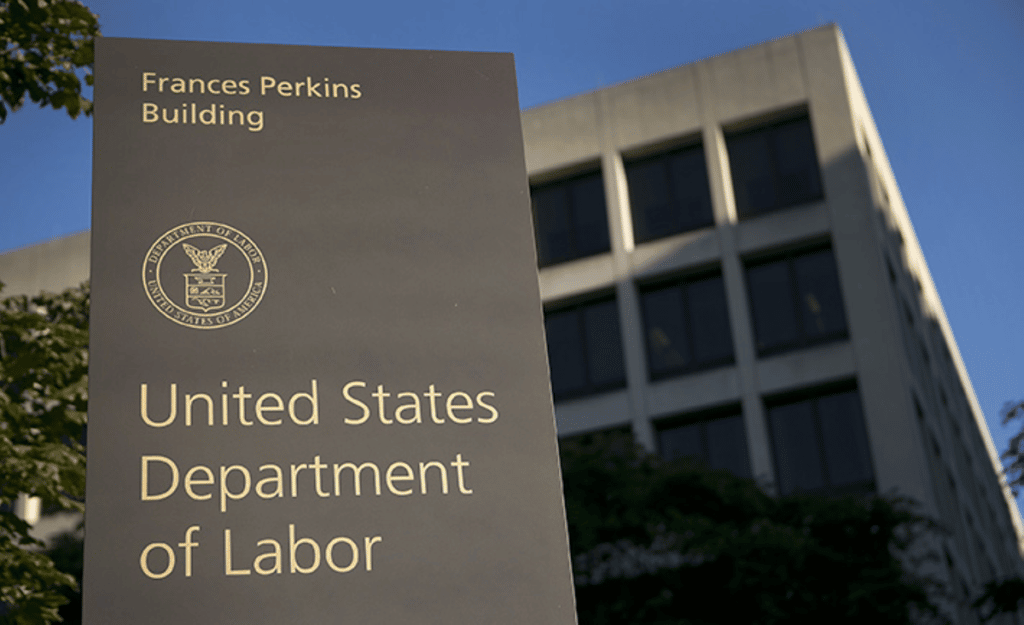On June 18, the U.S. Department of Labor Administrative Review Board (ARB) ruled that an employee’s complaint about theoretical violations of the Dodd-Frank Act does not constitute protected activity under the Dodd-Frank whistleblower protection provisions. The ruling concerns Bryan Horn v. University First Federal Credit Union,ARB Case No. 18-0033 (June 18, 2020).
The case concerns Bryan Horn’s dismissal from the University First Federal Credit Union (UFFCU), where he worked as a financial service representative. During his employment, Horn expressed to his superiors, concerns that multiple UFFCU internal procedures were inadequate. After he was fired, Horn filed a complaint with the Department of Labor’s Occupational Safety and Health Administration (OSHA) alleging that he engaged in activity protected under the whistleblower provisions of the Dodd-Frank Act and that these activities played a role in his dismissal. The ARB upheld OSHA’s original finding that Horn did not partake in protected activities. Horn’s counsel argued that if “Mr. Horn was complaining … that the lack of written or standardized or internal policies and procedures could lead to mistakes and violations of Dodd-Frank, then such complaints should be entitled to protection.” However, the ARB rejected this argument, explaining that:
“This is incorrect because an employee does not engage in whistleblower activity by describing merely theoretical situations. Such a belief is too attenuated from the standard to be a reasonable belief of a violation of law and therefore failed to satisfy one of the required elements of his retaliation claim. Stated another way, mere speculation does not satisfy Horn’s burden.”
The Dodd-Frank Act does contain strong anti-retaliation provisions that protect corporate whistleblowers. However, as the Horn case demonstrates, it is essential for potential whistleblowers to become familiar with the protections and to consult whistleblower attorneys to ensure their protection. The Dodd-Frank Act’s anti-retaliation laws provide whistleblowers with direct access to jury trials at U.S. district courts and permit employees to obtain reinstatement, back pay (or double back pay), special damages, and attorney fees and costs.
In addition to anti-retaliation protections for whistleblowers, the Dodd-Frank Act includes provisions that mandate monetary rewards for whistleblowers. SEC whistleblowers and CFTC whistleblowers who provide the respective agency with original information that aids in a successful enforcement action are entitled to a whistleblower reward ranging from 10-30% of funds recouped by the government. Since the first award was granted in 2012, the SEC Whistleblower Program has granted whistleblower awards totaling over $500 million, including last month’s record-setting $50 million award.
